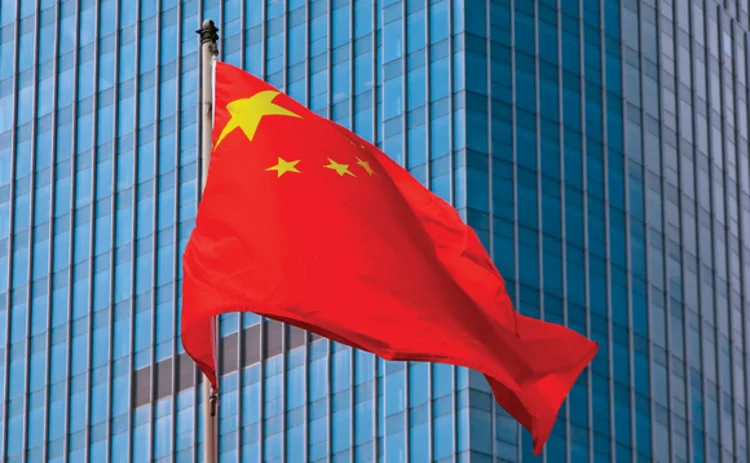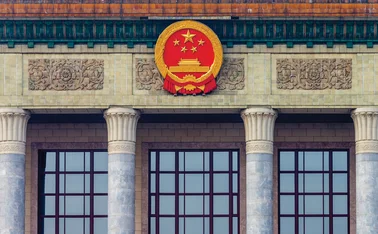
Chinese liberalisation could be ‘force for global stability', says BoE economist

China's capital account liberalisation will "dramatically increase" the country's international investment position to as much as 33% of world GDP by 2025, according to an article in the Bank of England's latest quarterly bulletin.
The Chinese authorities reaffirmed their commitment to lifting the capital controls that govern the purchase and sale of foreign and domestic financial assets in a crucial meeting last month, while the People's Bank of China (PBoC) has suggested full liberalisation
Only users who have a paid subscription or are part of a corporate subscription are able to print or copy content.
To access these options, along with all other subscription benefits, please contact info@centralbanking.com or view our subscription options here: www.centralbanking.com/subscriptions
You are currently unable to print this content. Please contact info@centralbanking.com to find out more.
You are currently unable to copy this content. Please contact info@centralbanking.com to find out more.
Copyright Infopro Digital Limited. All rights reserved.
As outlined in our terms and conditions, https://www.infopro-digital.com/terms-and-conditions/subscriptions/ (point 2.4), printing is limited to a single copy.
If you would like to purchase additional rights please email info@centralbanking.com
Copyright Infopro Digital Limited. All rights reserved.
You may share this content using our article tools. As outlined in our terms and conditions, https://www.infopro-digital.com/terms-and-conditions/subscriptions/ (clause 2.4), an Authorised User may only make one copy of the materials for their own personal use. You must also comply with the restrictions in clause 2.5.
If you would like to purchase additional rights please email info@centralbanking.com







